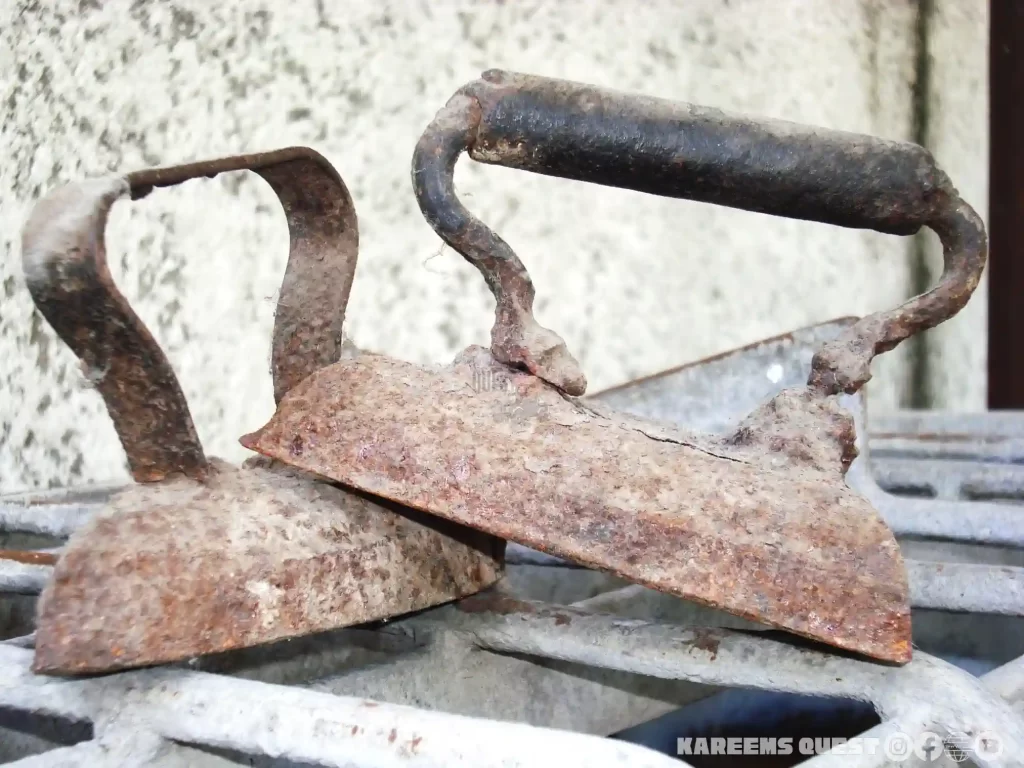Due to the diversity and growth in Jamaica’s culture, there seems to be a twist in the traditional way of doing many things today. Partially gone, are the days when our fore parents had to go through tedious tasks of getting things done.
For example, grating coconut to get milk to make that hearty pot of rice and peas, or recovering from sore knees from having to clean floors all day with coconut brush.
A sigh of relief, for those who are delighted by these modern alternatives that makes our work load lighter.
Metal irons – keeping your clothes smooth
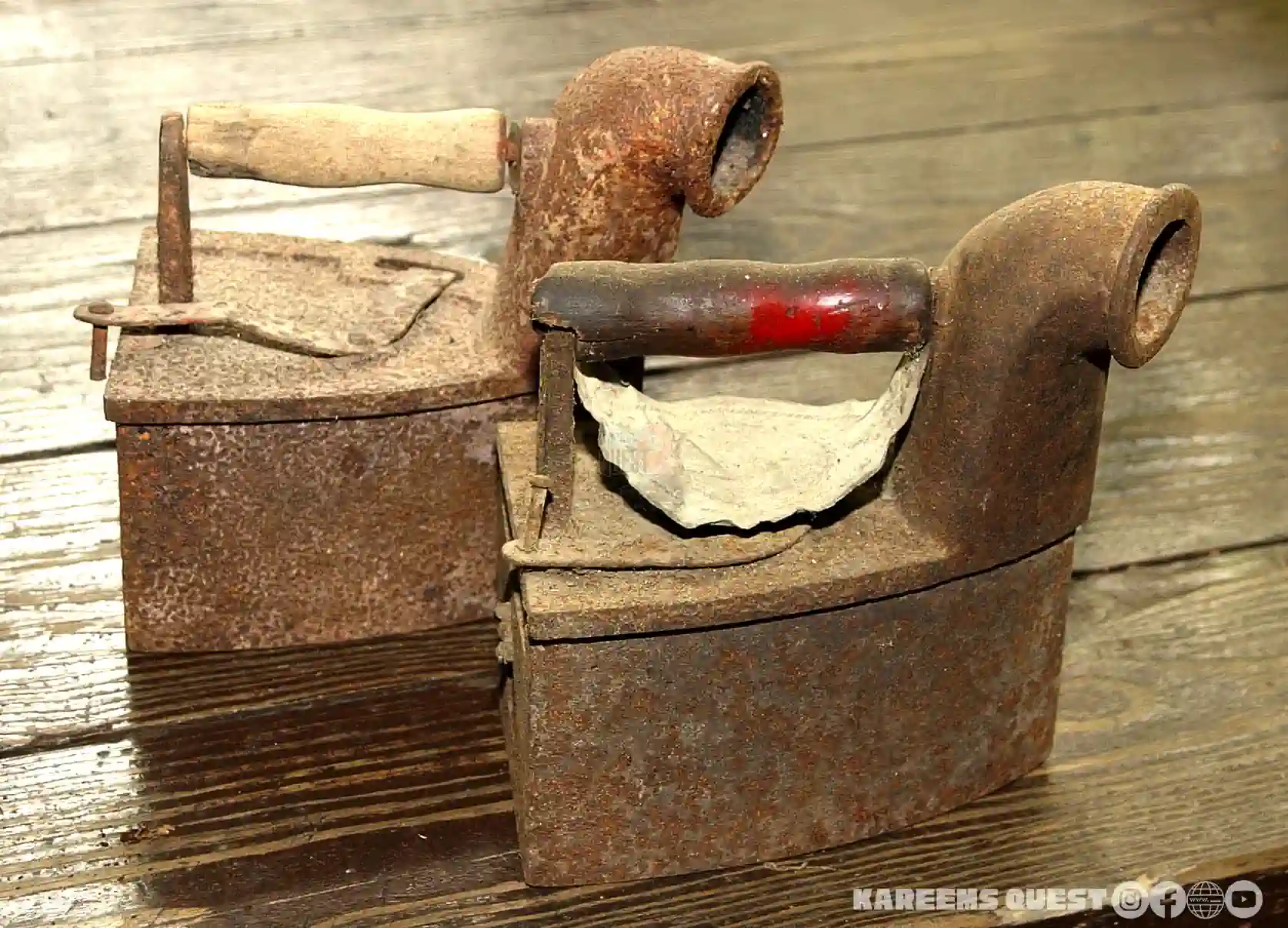
Then: It is hard to know the exact date when people started to press fabric to smoothen it. History has acknowledged the Chinese for using hot metal for ironing before anyone else. Long before the 1960’s, many homes in Jamaica had plain metal irons that were heated by a fire. These iron designs were forged by Blacksmith and the metal handle had to be gripped with a thick rag.
Now: there are electrical irons that press clothes faster and are easier to manage.
Dripstone Water Cabinet
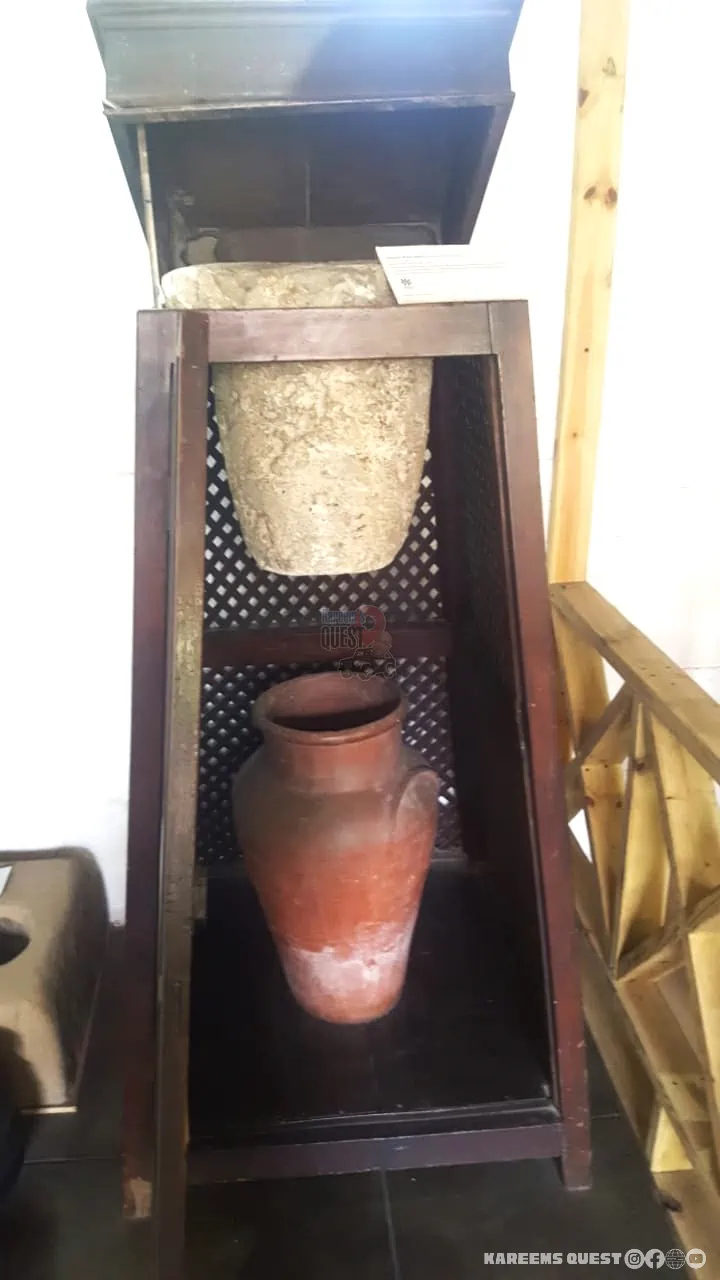
Then: This apparatus is amazing, because it is ingenious and simplistic, and is known as the Dripstone Water Cabinet. It’s a filtration system, where water would run through coral limestone and in the process be purified. It is dripped into a Jar that can keep it cool for a prolonged period, and is stored for consumption. The concept was introduced during the Spanish era and its popularity continued into the 19th century. Learn more about this invention in the the video below.
Now: Most refrigerators have a water dispenser built in the door, which helps to conserve energy.
Learn more about the Drip Stone
Starch – its use on clothes

Then: From the days of the Tainos, people have been using the tuberous root of cassava to extract starch. Cassava roots need to be processed almost immediately after harvest, as they are highly perishable and enzymatic prowess weakens within one to two days. A first-rate starch can be obtained from grated cassava that is soaked in only water. The procedure which follows includes soaking the selective clothing item in the cassava-starched water then, it is put to dry and ironed.
Now: People don’t have to go through that rigorous process, just spray canned starch on the selected clothing and iron it.
Castor oil – hair treatment
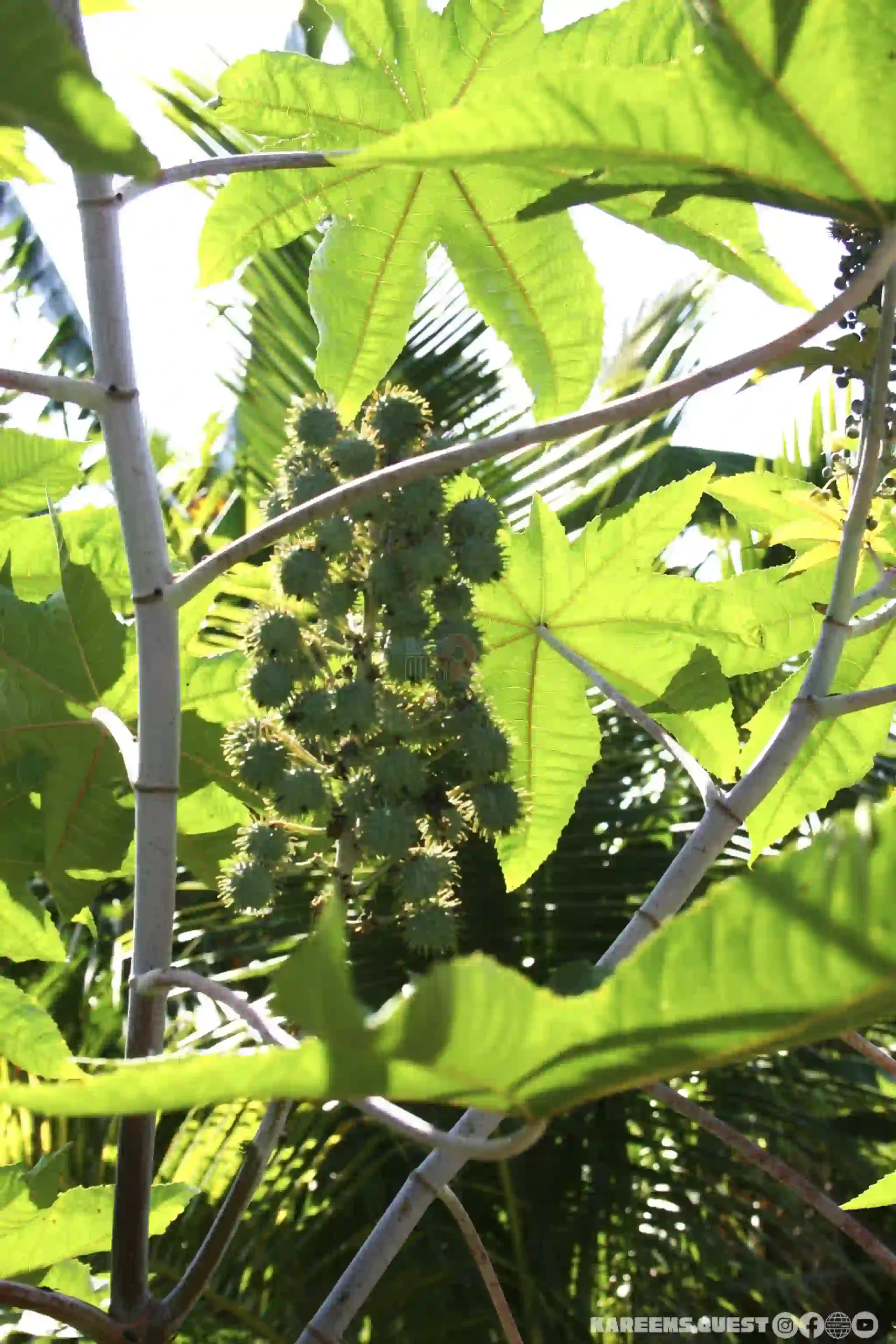
Then: castor oil plant, is a species of perennial flowering plant in the spurge family, Euphorbiaceae. The seeds are used to make castor oil and the only negative thing is that the seeds are toxic. They are said to be fatal if eaten and as such it is recommended that this plant is grown out of reach of children.
The ripe seeds are put to boil, with water, until they have an oily, very pale, yellow colour. Then it is strained, put to cool and bottled, and sometimes there is a mild odour. The finished product can be used to steam hair and for laxative.
Now: No need to depend on this process when there are products such as hair mayonnaise and oil moisturising treatment. There are also local Jamaican brands like Herboo that produce natural Castor Oil.
Below is a video on more Jamaican Household items.
Coconut brush – shining floor
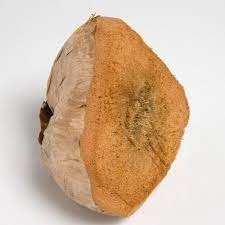
Then: When the coconut has ripened and the outer husk has turned brown, a few months later, it will fall from the palm on its own accord. At that time, the coir (endosperm) has thickened and hardened, and the coconut is less likely to cause damage when it drops, then this husk is cut in two, grated, and used to shine the floor.
Now: There is no need to worry about the long time it takes for a coconut to fall, when there are appliances that can get the job done much faster.
Exploring these contrasts between past and present Jamaican household items reveals a fascinating story of progress, adaptation, and the enduring spirit of resourcefulness. If you love these nostalgic articles, we have lots more pieces that you will find interesting, especially our Jamaica Quiz page.

